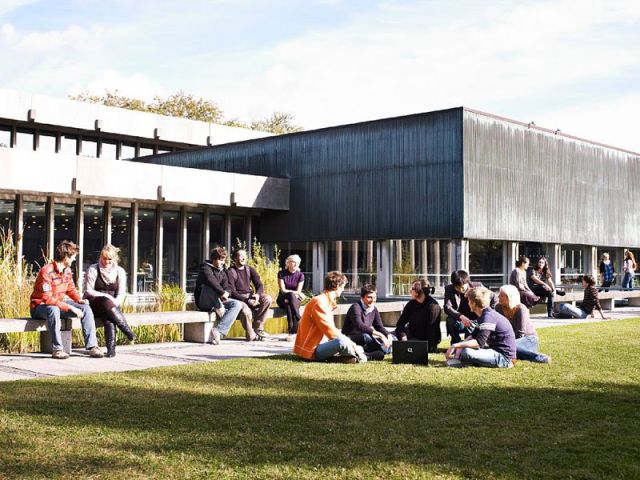
I have never really thought about the impact free education has had on me. Where would my life be if I had to pay to get an education? I am from Denmark. I would certainly not be here in Australia; I might not even have gone to high school.
The impact of free education on my life has been huge. I have always been good at learning, especially within the school system. During high school (Grades 11-13) I was the best student in my class, and I really found it very interesting to learn about so many different subjects. I didn’t even have to make an effort, because I liked learning and was really good at it.
A result of enjoying school is that I am now studying architecture, one of the toughest courses at university; it is hard to get in and you really have to want to do it. What would I have done if I had to pay for high school? Maybe I would not have gone.
What would I have done after? If I had to pay, I would have chosen a cheaper course than architecture, as it is one of the most expensive – even now, when there are no fees. Or I might have just stopped there and found a job. Suppose I had started architecture, but then could not do the projects as well as the other students - I might even fail some subjects - because I could not buy the needed materials.
I am here in Australia because I had the possibility to pursue part of my free education in a different country. The challenges that come from leaving home and everything I know has made me grow and develop.
It is strange that I have never given much thought to something that is so fundamental to my life. My family has never had much money. We have not lived a bad life; we have had vacations, eaten what we needed.
But I cannot bear to think that if my family had to pay for my sisters’ and my education, there would not have been money for that. My parents would know how important it is for their daughters to get an education to be able to make a good life for themselves. They might have stayed together fighting for years, just so they had money to put aside for education.
The impact on my parents’ lives if there was no free education would have been devastating. After 20 years as a “hands-on” builder, my father became an engineer. The damage from working as a builder can still be seen in his body. But the most destructive thought is: would he still be alive if he were still slaving in the building industry? My mother would have become a teacher, but what would a teacher’s life be like without free education?
These are crazy thoughts, but that is why it is so important to keep fighting for free education. Because it is not your background that should determine what your future should be like.
Free education has existed in Denmark for 200 years, and has its roots even earlier. You are obliged to be educated for at least nine years, and after that you can choose between a general education preparing for university, a general education preparing for a trade, a vocational education and variations in between.
When you turn 18, there is a free grant that gives you an allowance each month, depending on your parents’ income, while you live at home. When you move out or turn 20 the grant increases to about A$1000, which supports the general cost of living.
But to study you still need books, a computer and materials, and in this regard, Denmark is just the same as everywhere else.